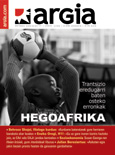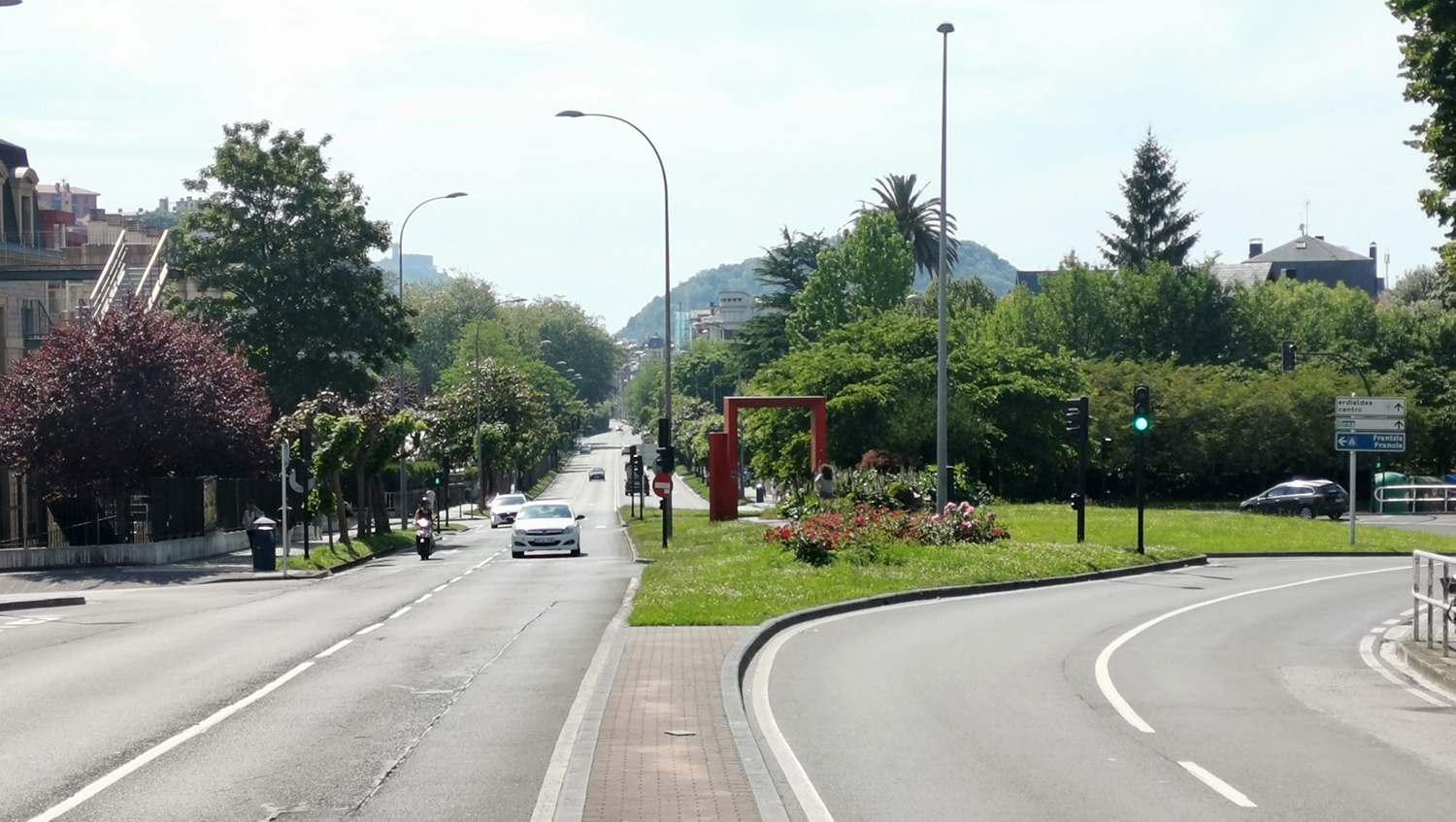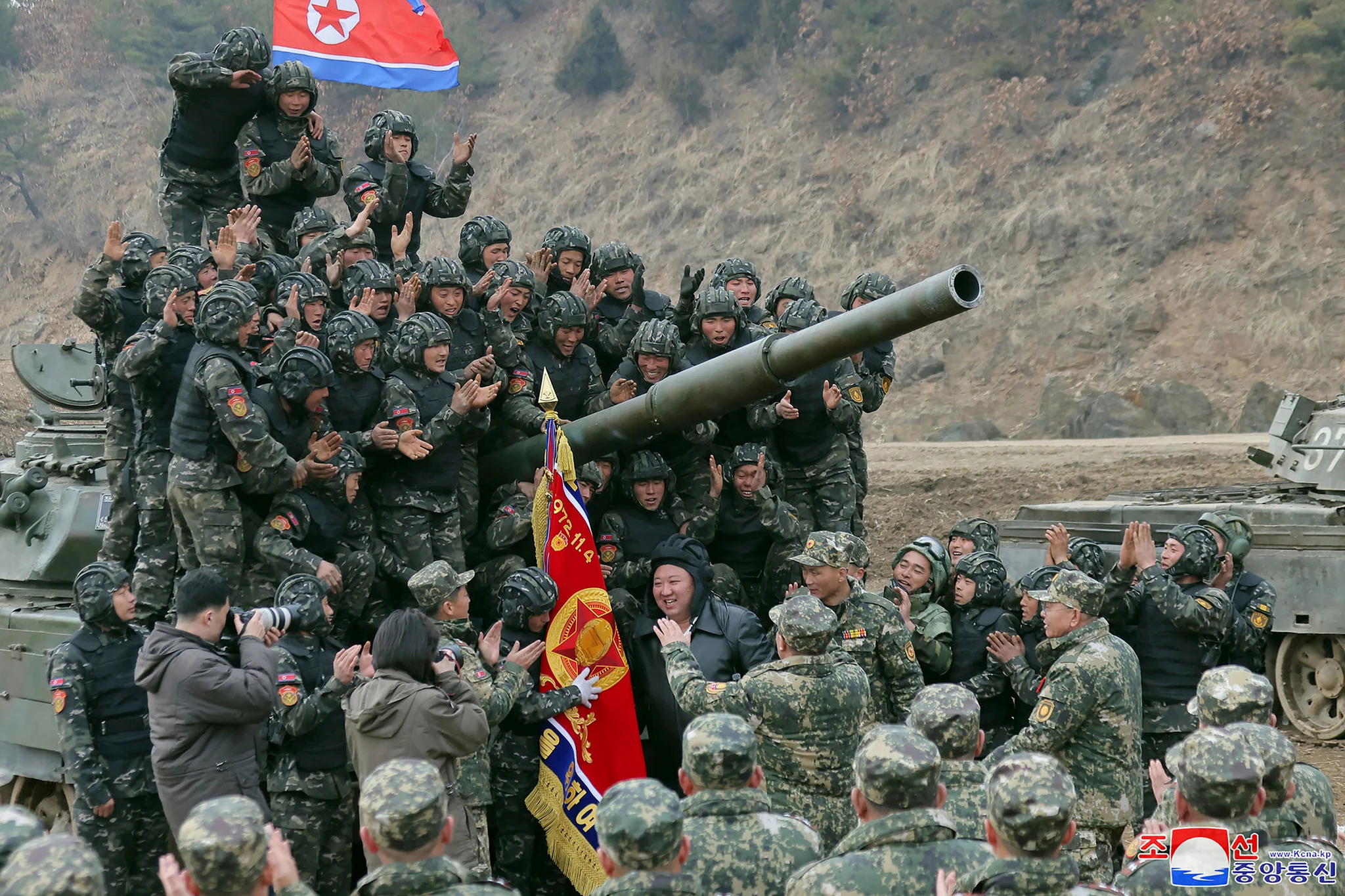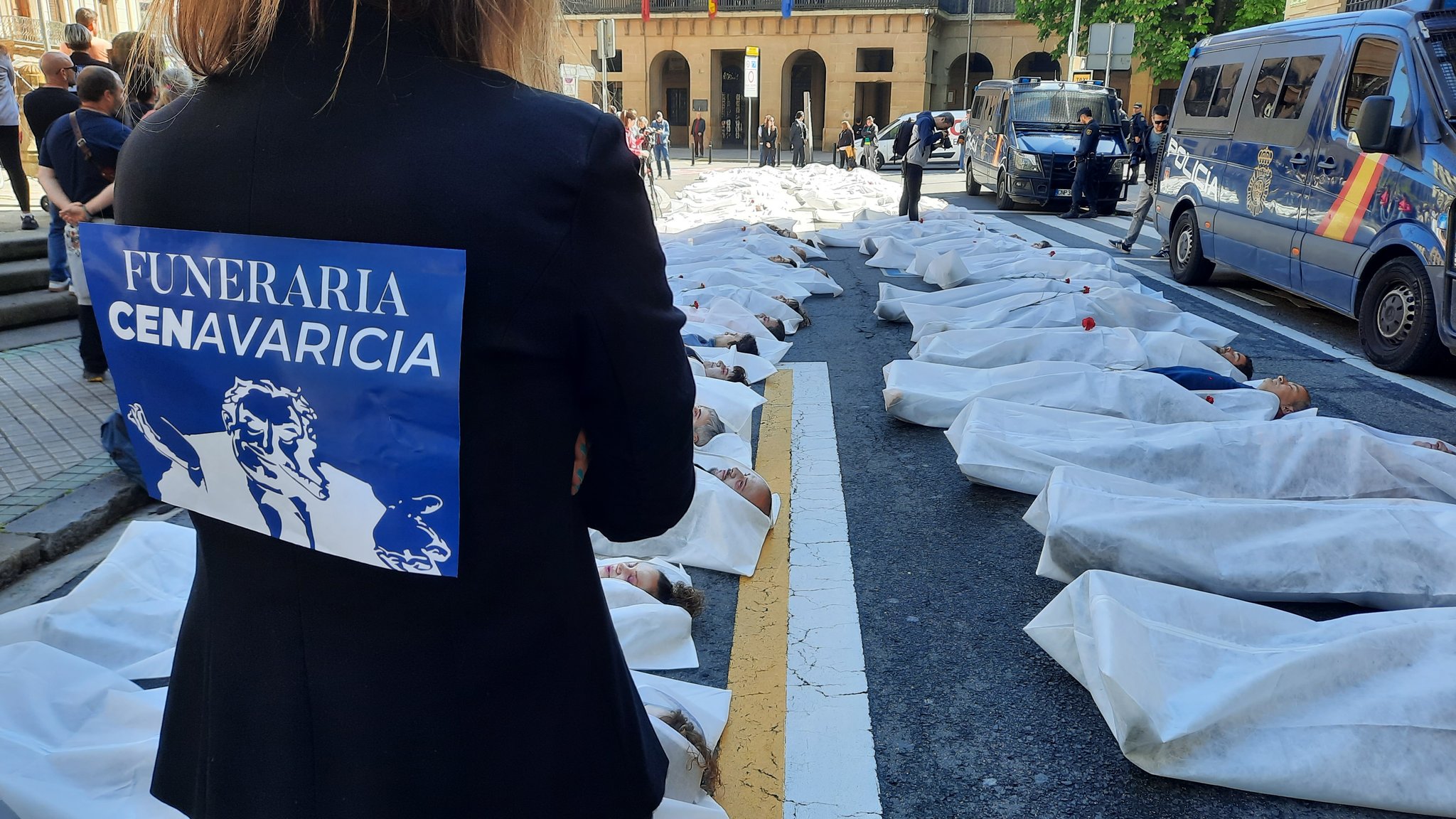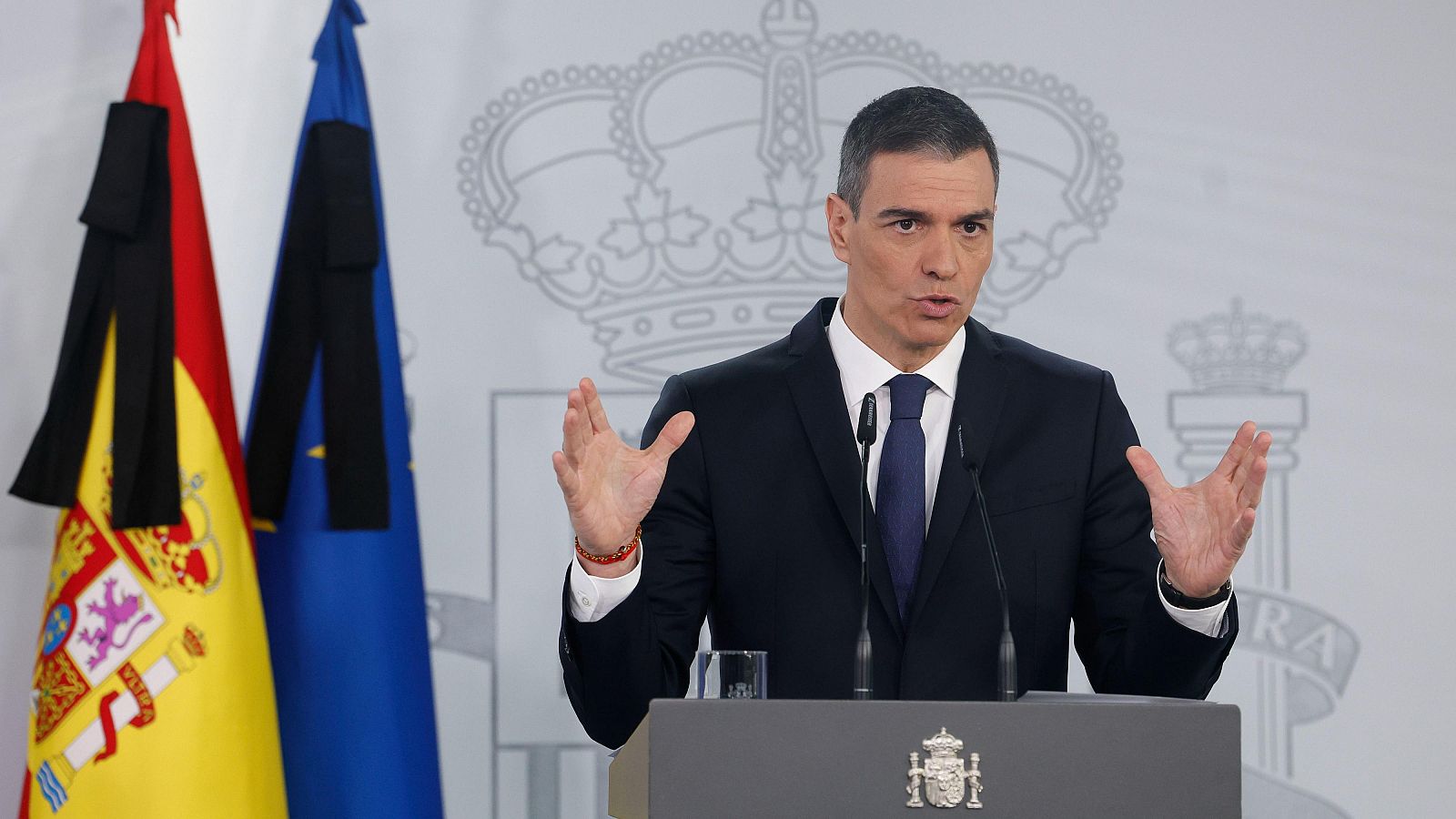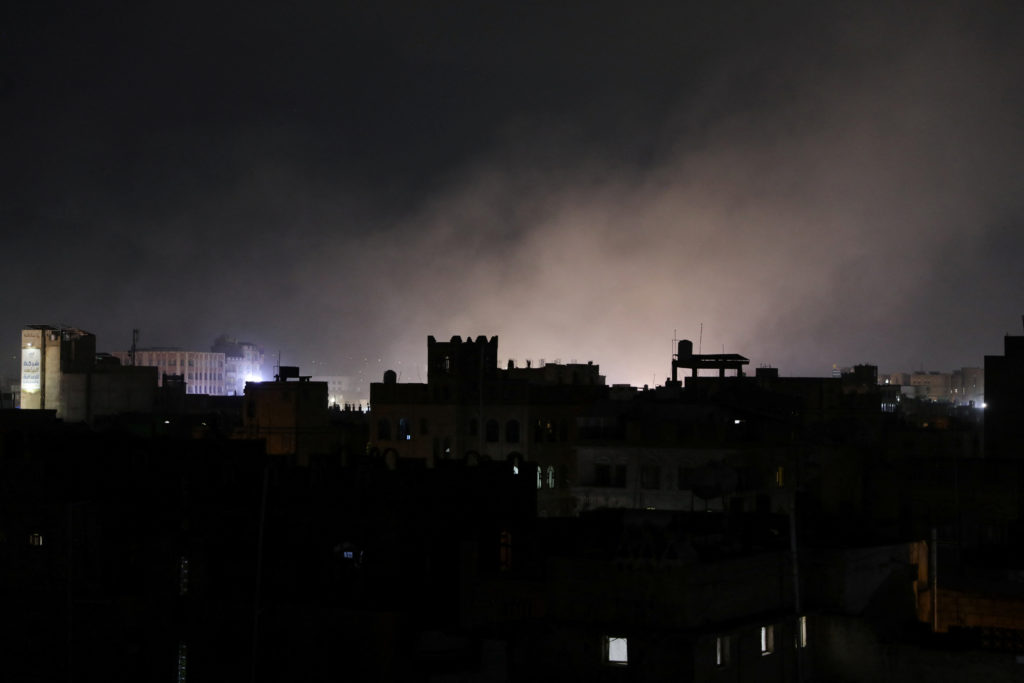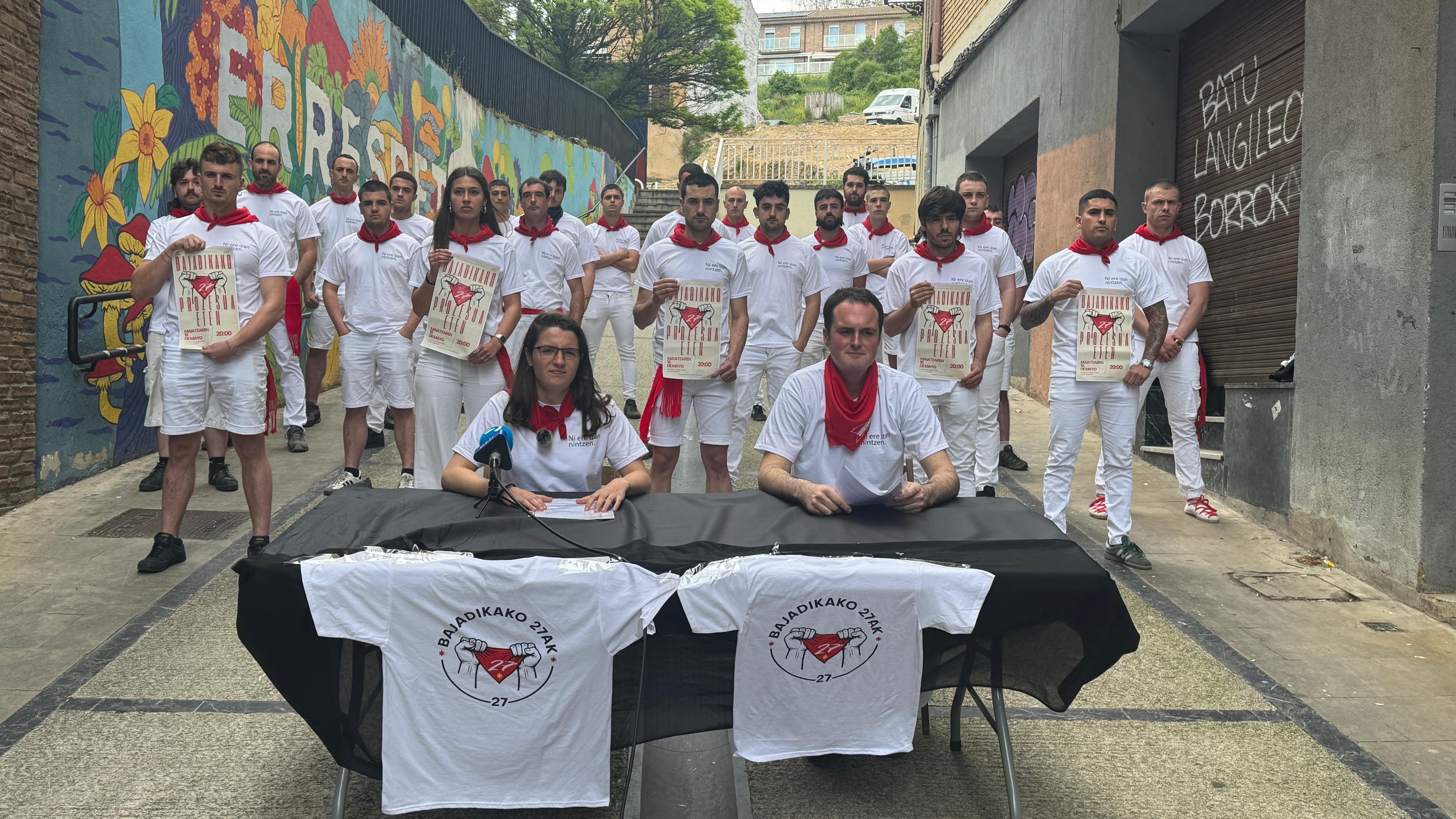Four names, something to say frankly
- Beñat Sarasola, Imanol Murua, Baleike and Luz. Last Saturday, the 3rd, the Rikardo Arregi Journalism Awards were presented this year. The jury recognized literary criticism, political journalism, popular press and 90 years of experience.
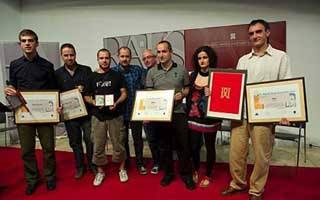
Four names: Beñat Sarasola, Imanol Murua, Baleike and Luz. When they received the award, everyone had something to say. Sarasola was the first to get on the stage. He received the Nueva Periodista Award for literary criticism published in the newspaper Berria and pointed out that, although he did not feel like an authentic journalist, his works for the press made literature very useful. The author of this chronicle has heard the words of Sarasola sitting next to a well-known editor; and the editor emphasizes that, as he knows, for the first time a literary critic has won one of our journalistic awards. It is also a sign of the development that the genre is having, therefore, this year’s New Journalist Award.
It was Immanuel Muro’s turn. The jury made a Special Mention to the journalist –the chronicler’s doubt: shouldn’t the office be written here in capital letters?–. The reason is:The Loyola Wings, of course. Murua completes the sequence of the 2006 peace talks in this book, revealing many nuances, clarifying the facts that were under the mist. Taking the floor, however, Murua criticizes his book for having a “bad” and “predictable” ending. And the press has reflected on the role it should play in our Problem – here the chronicler is less hesitant to put the big print on it. It is said that journalism cannot resolve conflicts, but it should at least try not to interfere with the solution. A note worth taking, no matter what happens in the future.
The magazine Baleike has won this year’s Grand Prix. They live on paper as well as on the web. The director, Gorka Zabaleta, who received the award and stood in front of the public, proclaimed the status of the popular press: “What matters most to the public is the information that is nearby.” Close, in the monthly magazine; close, every day on the Internet: news, blog community, multimedia... The Zumaia communication project will continue to play a role.
And, last but not least, the Light. The Dean of the Basque press has received an Honorable Mention as a reward for his 90-year career. The director, Xabier Letona, spoke on behalf of the entire Luz team and reflected on the current situation of communicative projects in Basque. According to Letona, it is important to preserve the historical heritage, but the projects that are alive, those that operate now and here are the most important. For this reason, he pointed out that, under the threat of the economic crisis, the sector and the institutions must come together.
Video of the award ceremony
Oso desberdina da komunikabide bat itxi eta, beraz, hil, edo berau akituta hiltzea. Baina hiztun komunitatearentzat ondorioa bera da: ez du gehiago komunikabide hori eta kito.
Ez dakit krisi sasoi honetan euskal prentsaren egoera zein den, baina panorama ezagututa, pentsatzen dut alarma guztiak piztuta izango direla, gorri-gorri. (...) Egoera tamalgarria da prentsaren eremuan eta ni erabat harrituta nago euskal prentsan nola ez datozen itxierak bata bestearen atzetik.
Askotan konplexua sortzeraino entzun behar izan dugu, kultura eta hizkuntza subentzionatuarena, artifizialki bizitzearena eta gisakoak. Eta orain zer eta gobernuek bankuak salbatzen dituzte. Eta milioika euro bideratzen dira autoen lantegietara, altzarien salmentara, eliteko kirola bultzatzera, azpiegitura erraldoietara… Eta gu ginen diru-laguntza publikoetatik bizi ginenak. (...) Honekin bakarrik azpimarratu nahi dut zerbait sendo bultzatu nahi denean, suspertu eta aurrera atera nahi denean, gure instituzioak gogotik inplikatzen direla horretan, ahaleginean eta dirutan. Eta logikoa da gainera.
Baina ez da hori euskal prentsaren kasua. Ez dugu halako sostengurik sumatzen, inondik inora. (...) Ez nuke nahi hau salaketa gisa hartzea. Hausnarketa da hau. Instituzioei arduratsu jokatzeko dei bat izan nahi du honek, dei zintzoa. (...) 90 urteko ibilbidea saritu da hemen eta zalantzarik ez, ondare historikoa garrantzitsua da, baina garrantzitsuena oraina da, oraindik bizi diren proiektuak, garrantzitsua etorkizuna da. Ez, ez dugu autoen gurpilak edo sukaldeko garbigailuak baino gutxiago izan nahi. Eta hala sentitzen gara. Euskal prentsan urte luzez ari gara bakoitza berean, itota eta elkarlanari bide eman ezinean. Ea lozorro horretatik esnatzeko indarrak topatzen ditugun. Behar dugu.
Bukatzeko, bi pertsona aipatu nahi nituzke, azken 30 urteko Argiarentzat oso garrantzitsuak. 1980an beraiek egin zuten posible Zeruko Argiatik Argiarako jauzia: Joxemi Zumalabe zena eta Joxemari Ostolaza. Argiako lan talde osoaren izenean, mila esker eta zorionak 90 urte hauek posible egin dituzuen guztioi.
Red Eléctrica de Españak zibererasoaren aukera erabat baztertu du, eta bi instalazio fotovoltaikoetan jarri du begirada. “Operadore pribatuei erantzukizunak eskatuko dizkiegu eta berriro ez gertatzeko beharrezko neurriak aktibatuko ditugu”, adierazi du... [+]
Botoen %99 zenbatuta, Mark Caney egungo lehen ministroa buru duen alderdiak 168 aulki lortuko lituzke Komunen Ganberan, eta lau gehiagorekin osatuko luke gehiengoa. Alderdi Kontserbadorea izan da bigarren bozetan, 144 eserleku lortuta. Duela lau urteko hauteskundeetan baino... [+]
Donostiako Zurriola Haur Hezkuntza, La Asunción eta The English School ikastetxe inguruak eta Bilboko Kontxa Eskola eta Calasancio-Escolapios dira karbono dioxidoaren muga legala gainditzen dutenak, Ekologistak Martxanek hainbat eskola ingurutan egindako azterketaren... [+]
Hedabideetan nahiko aipatu dira asteleheneko itzalaldiak gizartean eragin dituen ondorioak, baina nahikoa aipatu al da gertakari horrek agerian uzten duena? Besteak beste, bi auzi nagusi: bizirauteko energiarekiko dugun menpekotasuna eta azken urteetan gertatzen ari den zerbitzu... [+]
Zer lor nahi zezakeen Ipar Koreako erregimenak Errusiaren gerrarako egindako odol-ekarpenarekin? Batetik, eskarmentua; bestetik, elkarrekikotasuna.
Sindikatuek agerraldi eta salaketa publikoak egin dituzte astelehenean, Nazioarteko Lan Osasunaren Egunean. Hego Euskal Herrian iaz zenbatu zituzten 64 hildakoen gorpuak irudikatu dituzte LABek, ESK-k, STEILASek, EHNEk, Etxaldek eta CGTk Iruñean eta Donostian.
Egunak argitzerako itzuli da argindarra ia-ia leku guztietara. Euskal Herrian baino atzeratuago egin du Espainiako Estatuko lekurik gehienetan, baita Portugalen ere. Normaltasun itxura gaur Euskal Herrian, baina goizeko lehen orduan ez dira funtzionatzen ari aldirietako trenak... [+]







